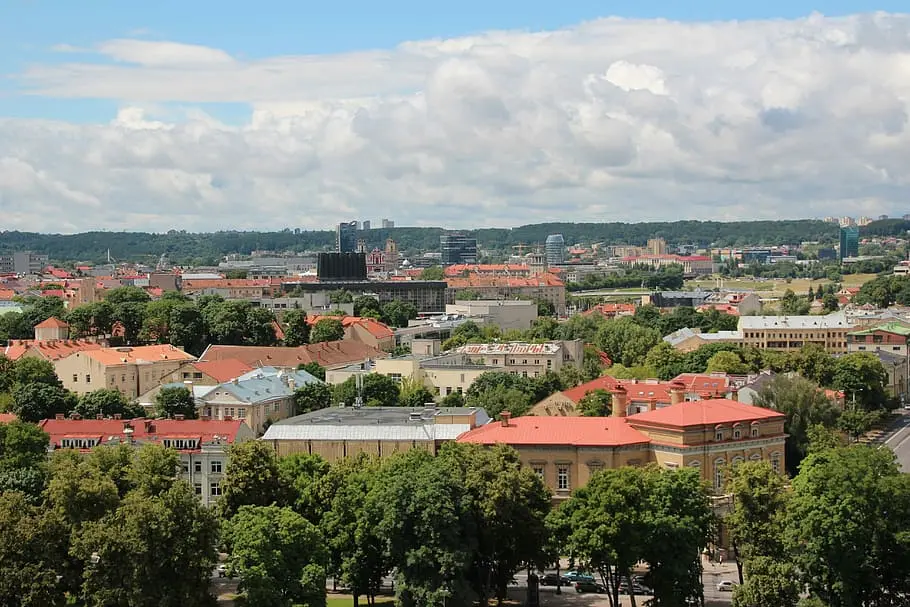In the modern world, population migration has a significant impact on the formation of the demography of developed countries. Lithuania is no exception in this regard. Located on the border of the European Union, Lithuania experiences immigration pressure from neighboring countries. In the 20th century, Lithuania experienced a severe loss of local population as a result of WW2, Soviet occupation, ethnic cleansing, and several waves of emigration. At the same time, after joining the European Union and the progressive recovery of the economy, Lithuania is witnessing the beginning of the process of ethnic Lithuanians returning from emigration with their families. Is Lithuania ready to accept foreigners? Let’s take a closer look.
Table of Contents
A Historical Perspective
Lithuania experienced its first wave of emigration after joining the Russian Empire due to the collapse of the economy. During the Second World War, the Jewish population of Lithuania was practically destroyed. The subsequent occupation of the country by Soviet Russia led to the loss of hundreds of thousands of people due to deportation. This period was also marked by new waves of emigration. Thus, the population of Lithuania decreased significantly and changed the face of the country’s demography. The legacy of Soviet rule and subsequent independence in the early 1990s significantly influenced Lithuania’s immigration policies.
Evolution of Immigration Policies
After regaining independence, Lithuania created legislation allowing the descendants of people who emigrated from the country to restore their Lithuanian citizenship. Lithuania has also formed rules for the immigration of foreigners. Key developments include:
- Entry and Residence Requirements: Lithuania established specific entry and residence requirements for foreign nationals, depending on their purpose of stay, such as work, study, or family reunification.
- Accession to the EU: Lithuania’s accession to the European Union in 2004 influenced immigration policy. Citizens of EU member states have since been able to live and work in Lithuania without the need to obtain special permits.
Recent Changes in Immigration Policies
Having experienced several waves of emigration, extermination, and forced relocation of its citizens, Lithuania is forced not only to stimulate the return of emigrants but also to attract foreigners to the country. Notable developments include:
Investor Immigration: Lithuania introduced various investor immigration programs, attracting individuals willing to make significant financial investments in the country. This initiative has facilitated economic growth and foreign investment.
Digital Nomad Visas: Recognizing the rise of remote work and digital nomadism, Lithuania introduced digital nomad visas, allowing remote workers to live and work in the country.
The Role of the Lithuanian Passport
The Lithuanian passport is a symbol of citizenship and identity. It offers numerous advantages to its holders, including:
- EU Citizenship: Holding a Lithuanian passport grants individuals EU citizenship, opening doors to living and working across the European Union without the need for additional visas or permits.
- Global Mobility: Lithuanian passport holders enjoy visa-free or visa-on-arrival access to a wide range of countries, facilitating international travel for business, tourism, and cultural exchange.
- Right to Reside in Lithuania: Now, after twenty years of economic development, Lithuania has become an attractive country to live in.
Implications for Foreign Nationals
Lithuania has programs that may be of interest to citizens of other countries who dream of moving to prosperous Europe. After ten years of residence in the country, they can become Lithuanian citizens, gaining all the benefits of European Union citizenship.
Lithuania’s immigration policies are a reflection of its dynamic evolution as a nation. Lithuania is adapting its immigration policy, seeking not only to return the descendants of Lithuanian citizens who emigrated but also to attract economically active citizens from other countries. And the sustainable development of the country’s economy makes it attractive to those who want to build their family’s future in Europe.

